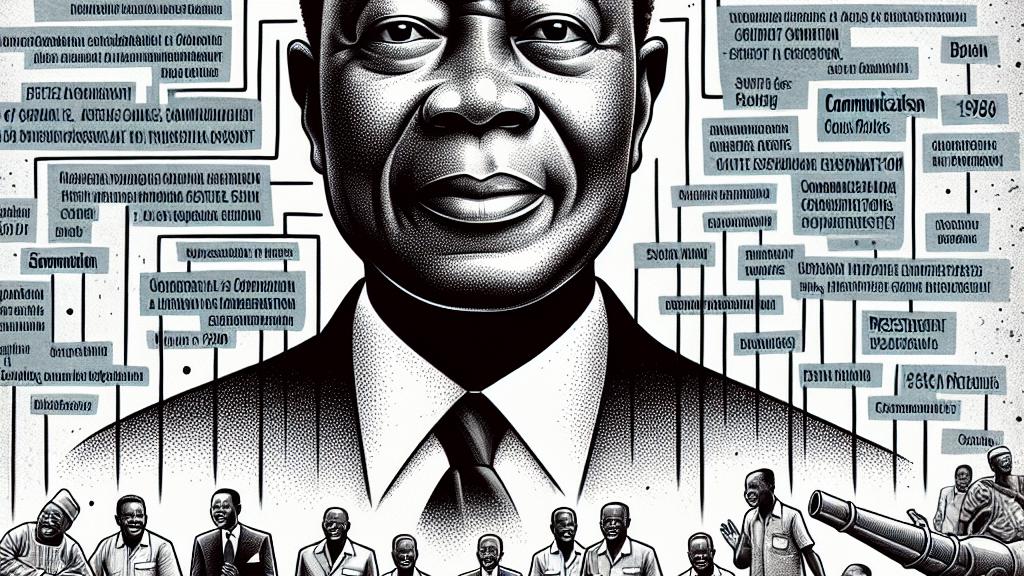John Mahama: A Veteran's Bold Return to Ghana's Political Arena
Overview
- John Mahama, a respected and seasoned politician, aims to reclaim Ghana's presidency.
- His previous term showcased remarkable infrastructure projects but fell short amidst economic turmoil.
- Rich personal stories and vivid experiences enhance Mahama's narrative and connection to the electorate.

The Inspiring Journey of a Resilient Leader
From his humble beginnings in Damongo, Ghana, John Dramani Mahama's trajectory is a testament to his resilience and adaptability. Born in 1958, Mahama pursued higher education, studying Communication at the University of Ghana before diving into the world of politics. His passion for public service quickly propelled him into the political sphere, where he won a seat in Parliament in 1996. Surprisingly, Mahama's rise was meteoric; within just over a decade, he transitioned from Parliament to become Vice President in 2009, and ultimately, President in 2012 following the sudden death of John Atta Mills. During his presidency, Mahama was credited with initiating significant infrastructure projects, like expanding the national power grid, which directly improved lives. Yet, his administration grappling with challenges such as economic instability and concerns over corruption often overshadowed these achievements, leading many Ghanaians to question whether he was truly the right leader to steer the nation towards prosperity.
The Showdown of 2020: A Battle for Ghana's Future
The 2020 elections marked a critical chapter in Mahama's political saga as he faced off against Nana Akufo-Addo, the incumbent president. His campaign was fueled by a fervent desire to restore economic dignity and social justice, resonating with voters disillusioned by the status quo. Mahama's compelling arguments leaned heavily on his track record, reminiscing about past successes and emphasizing his focus on education and health initiatives that initially won him support. In a tightly contested election, he garnered a significant 47.36% of the popular vote, but lost the presidency in a surprising turn of events. Following the election, Mahama demonstrated his unwavering commitment to democracy by challenging the results in court, thereby highlighting his role as a guardian of the people's voice. Although the Supreme Court dismissed his petition, his determination left an indelible mark on Ghana's political landscape, underlining his status as a resilient leader not afraid to fight for his convictions.
Vision for Ghana: A Call to Collective Action
As Mahama prepares for his fresh campaign, he passionately articulates a vision for Ghana that embodies both hope and practical solutions. He argues with fervor that Ghana risks losing its direction, urging citizens to unite for a greater cause. Utilizing compelling imagery from his personal life—like the poignant memories of his family's generator illuminating their home in a dark town—Mahama paints a striking picture that resonates emotionally. He implores the electorate to recall the benefits of a stable economy and robust infrastructure, calling on them to support a pragmatic approach to governance over empty promises. The challenge ahead is substantial, as Mahama must not only sway voters with his heartfelt tales but also illustrate how his pragmatic policies can drive real change, forging a path that leads Ghana toward a prosperous and unified future.

Loading...